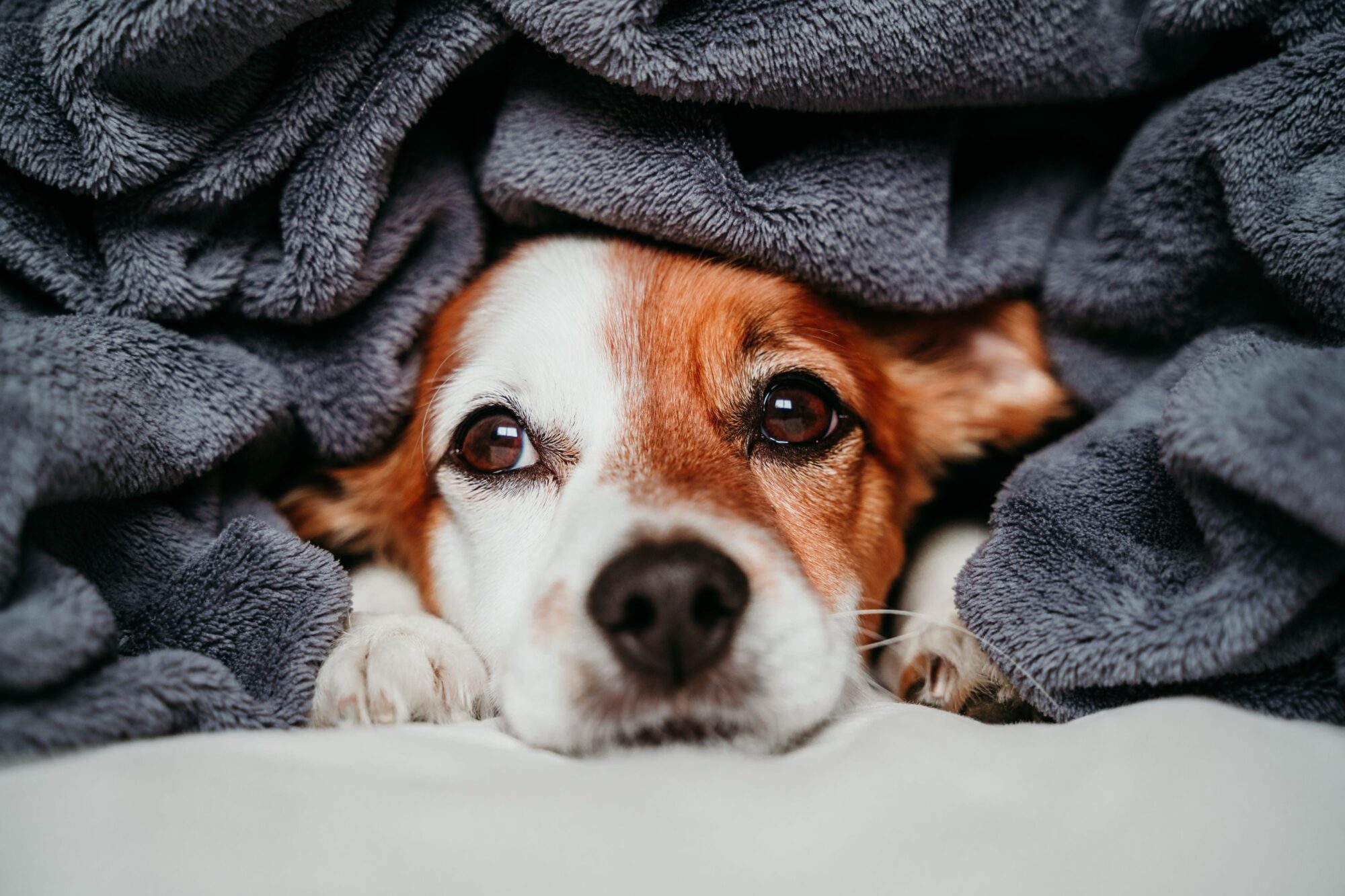Fall Hazards for Pets: Identifying and Preventing Seasonal Dangers

As the leaves change colors and the weather turns cooler, the fall season brings a refreshing sense of change. While it’s a wonderful time for outdoor activities and cozy moments with our pets, we have to be aware of potential fall hazards that could harm our beloved furry companions.
At Thunder Bay Veterinary Urgent Care, we prioritize your pet’s health and safety year-round. In this blog post, we’ll discuss some common fall dangers that can affect pets and provide tips on pet safety during this vibrant season.
Hazard 1: Toxic Plants
Fall often brings an array of colorful plants and decorations, but some can be toxic to pets if ingested. Keep an eye out for the following common fall plants:
- Autumn Crocus: This beautiful flower contains a toxin that can cause gastrointestinal issues, and even organ failure in pets. Keep it out of your home and garden to prevent accidental ingestion.
- Mums (Chrysanthemums): These lovely fall flowers are popular but contain chemicals that can harm pets if ingested. Ensure they are placed in areas inaccessible to your furry friends.
- Certain Mushrooms: Fall brings out various types of mushrooms, and while most are harmless, some can be toxic to pets. Removing any mushrooms growing in your yard and staying vigilant during walks to prevent your pet from snacking on them is best.
Hazard 2: Rodenticides and Pesticides
As the temperature drops, rodents and pests may seek shelter indoors, which can lead many homeowners to use rodenticides and pesticides. However, these products can pose serious risks to pets. Be cautious with these substances and keep them out of reach from your animals. If you suspect your pet has ingested any, contact us immediately.
Hazard 3: Antifreeze
Antifreeze is commonly used in the fall to protect vehicles from freezing temperatures. Iit has a sweet taste that can attract pets, but it’s highly toxic and can be lethal even in small amounts. Store antifreeze containers safely and clean up any spills promptly.
Hazard 4: Anxiety
Just like humans, pets can experience anxiety too. With the changing season and potential changes in routine, some pets may develop anxiety. Signs of anxiety in pets may include excessive barking, destructive behavior, or changes in eating habits. If you notice any of these signs, contact your veterinarian for guidance and support.
Preventive Measures
Now that we’ve identified some common fall hazards for pets, let’s explore preventive measures to ensure your furry friend stays safe and happy throughout the season:
- Keep Decorations Out of Reach: Place fall decorations, including plants and candles, in areas where your pets cannot access them.
- Leash Safety: When going for walks or hikes, keep your pet on a leash to prevent them from exploring potentially dangerous areas.
- Proper Storage: Store toxic products like antifreeze and pesticides securely and away from your pet’s reach.
- Pet-Proofing the Yard: Regularly inspect your yard for mushrooms or plants that could harm your pet and promptly remove them.
- Maintain a Consistent Routine: With the changing season, try to maintain a consistent routine for your pet to minimize anxiety and stress.
Fall is a beautiful season filled with festivities, but it presents specific dangers for our pets. Being aware of these hazards and taking preventive measures can ensure a safe and enjoyable autumn for your furry companion.
The team at Thunder Bay Veterinary Urgent Care cares about your pet’s well-being and is here to support you. Don’t hesitate to reach out to us if you have concerns about keeping your pets safe this season. A little caution goes a long way in making sure our pets have a fantastic and worry-free fall.

